Over the last five years, the citrus sector has undergone significant structural changes; a trend that has been on-going for a couple of decades. Large retail chains in many European countries have greatly increased their purchasing power, so a big share of the market has fallen into just a few hands. That is why large horticultural groups are forming with the support of investment funds: to increase their purchasing power and boost sales. Today, a quarter of the entire citrus sector in Spain is already in the hands of investment funds, while cooperatives continue to close down. In the province of Castellon, 80% of the cooperatives have disappeared in 30 years.
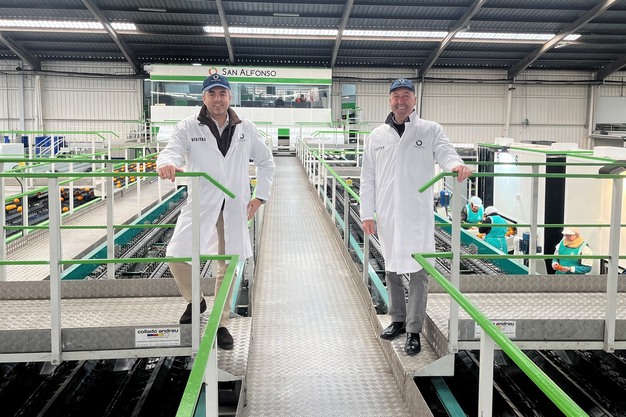
In this context, an innovative project has emerged that has caught the attention of the agricultural sector: the merger of a private company and a large cooperative in the province of Castellon. The San Alfonso cooperative, located in Betxí, is thus currently in the process of merging with Grupo Clasol, based in Borriana. They will bring together four packaging centers (two in the province of Castellon, one in the south of Tarragona and another in Murcia), as well as 2,500 hectares of crops and more than 2,000 employees.
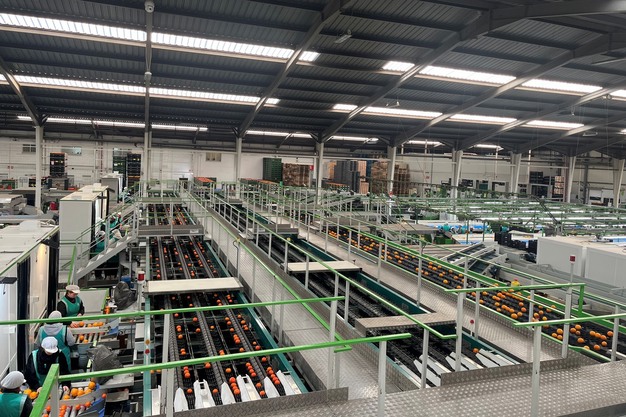
“This integration will combine the best of the cooperative and private models in production and marketing,” said César Claramonte, CEO of Grupo Clasol. “Decision-making is faster at private companies than in a cooperative model, and in the case of San Alfonso, we are talking about a juggernaut with more than 1,000 members, each with their own voice, a highly perfected agriculture and cutting-edge technology in their headquarters, capable of handling larger volumes than they currently have access to.”
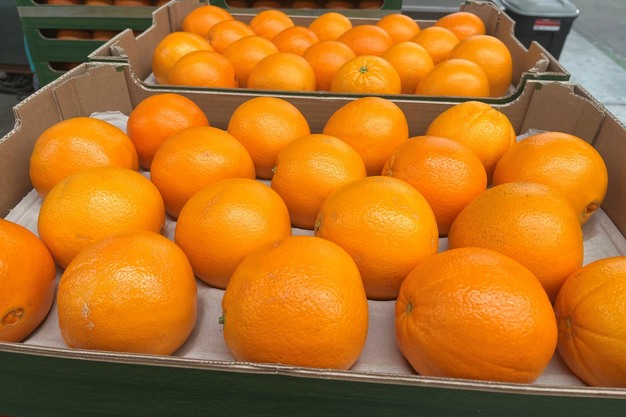
“Despite having great potential compared to smaller cooperatives, we find ourselves needing to do more,” says Emilio Balaguer, president of San Alfonso. “Considering the challenges that this sector has been facing in recent years, this project looks very promising for our members and has received 95% support from a large and diverse social mass that includes growers of all sizes, from small ones to producers with huge lands.”
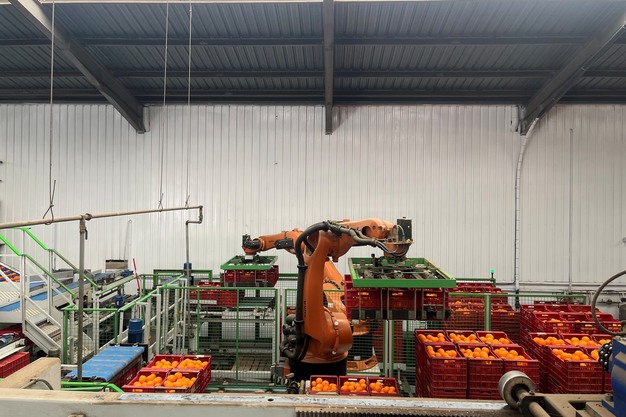
A vehicle for the incorporation of more cooperatives and growers: ensuring the preservation of smallholdings
“This project seeks not only to improve efficiency and sales, but also to serve as a vehicle to allow small producers or cooperatives to join, offering an alternative to the traditional union of second-degree cooperatives. San Alfonso has already achieved the annexation of the Agroal cooperative and is open to new incorporations, welcoming anyone interested in becoming part of a different kind of structure. It would be much easier to manage the production of these growers directly, without having to buy it. That would bring a tremendous saving of costs, always depending on the varieties; keeping an eye on the commercial gaps in order to obtain the maximum profitability for the producers,” says Emilio Balaguer.
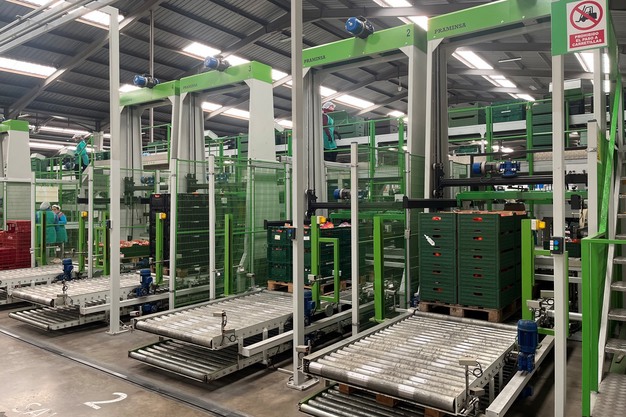
The cooperative is ready to deal with the difficulties that the smallholding model is facing, proposing a structure that makes it possible to compete with large farms by combining efficiency and low costs. “We have to defend the smallholding model, as we cannot forget that all of this area's productive wealth depends on it. It is difficult to compete with large farms with carefully planned costs, but at the same time, the care and attention paid by small growers allows smallholding farms to deliver about 80% high-quality fruit, which is unthinkable in the larger farm model. That's why, if we bring smallholdings together and do good cost management, the model has a chance to survive,” says César Claramonte.
“The goal is to supply all year round in an increasingly consistent manner"
“Our operations will officially start on July 1, after the merger is completed. From then on, we will operate jointly in a project that will seek to guarantee a supply during the 12 months of the year, especially of citrus fruits. The seasonality of citrus in Spain allows us to handle very large volumes from October to March, but we will seek to increase the supply in the remaining months,” says Emilio Balaguer, president of the San Alfonso Cooperative.
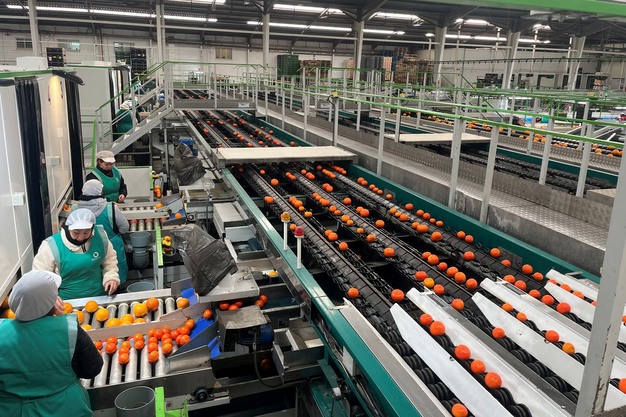
“We will remain mainly committed to the products from Spain. In fact, we are investing a lot in tests for treatments to try extending the shelf life of our own fruit, and there have been years in which we have managed to supply Valencia oranges until September 15,” says the head of the cooperative.
That's why Grupo Clasol, together with San Alfonso, seeks to continue diversifying its range of varieties. It is necessary to continue betting on new varieties to ensure profitability. “There are varieties that are not very competitive during their harvest season, and which will be replaced by other protected ones with good yields, good quality and commercially desirable features. We find it interesting to introduce new varieties to extend the second part of the campaign and supply the customers for longer,” says César Claramonte.
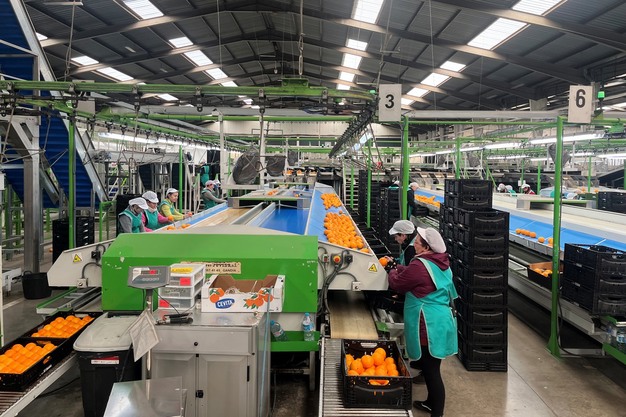
Is it true that oranges are losing ground to tangerines in terms of consumption?
This year, orange prices have risen significantly due to a significant drop in the production in Spain, which has also happened in an inflationary context, so consumption has slowed down. However, César Claramonte says that “contrary to what some may think, oranges are not experiencing any kind of recession in terms of consumption compared to easy-peelers. In fact, sales are increasing every year. It is true that Spanish oranges are dealing with tougher competition from third countries compared to tangerines or clementines, but I highly doubt that supermarkets are selling fewer oranges.”
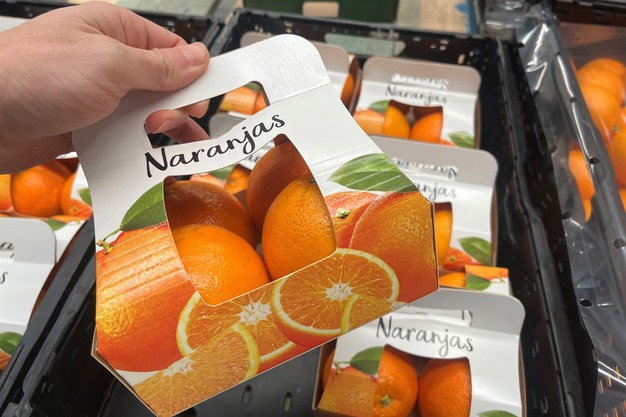
“We see that oranges are given priority treatment by large retail chains when they reach the shelves, as their consumption is still strongly associated with the prevention of flu and colds, given their vitamin C content. Until the Christmas period, the demand has remained calm, but with the arrival of the cold and waves of flu contagion, the demand has been taking off again,” says Emilio Balaguer.
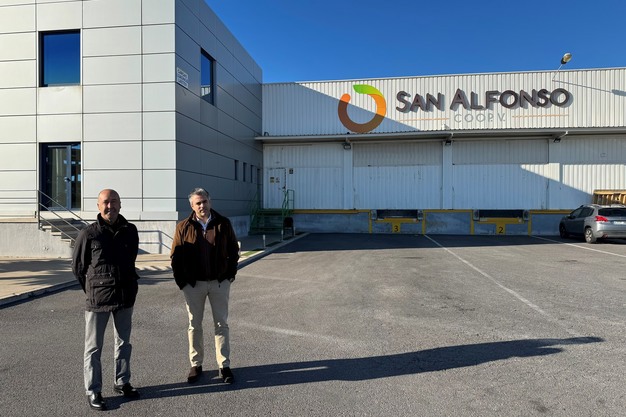
The greatest challenge for this new project: people management
“Even though we will work together, we are two completely different organizations, since we carry out different processes within the value chain. The challenge will be to combine many ways of doing things while ensuring everyone feels comfortable and keeps pushing in the same direction. The greatest challenge in any process is always managing the people, who are the ones with the power to make a difference. Without the synergy and mutual trust between the people who have been in charge of the negotiation, we could not have gotten to where we are now. It is undoubtedly a project that is generating a lot of excitement for everyone,” they say.
 For more information:
For more information:
César Claramonte
GRUPO CLASOL
T: (+34) 964585947
[email protected]
www.clasol.com
 Emilio Balaguer
Emilio Balaguer
Cooperativa San Alfonso
T: (+34) 964 62 30 00
[email protected]
www.sanalfonso.es
